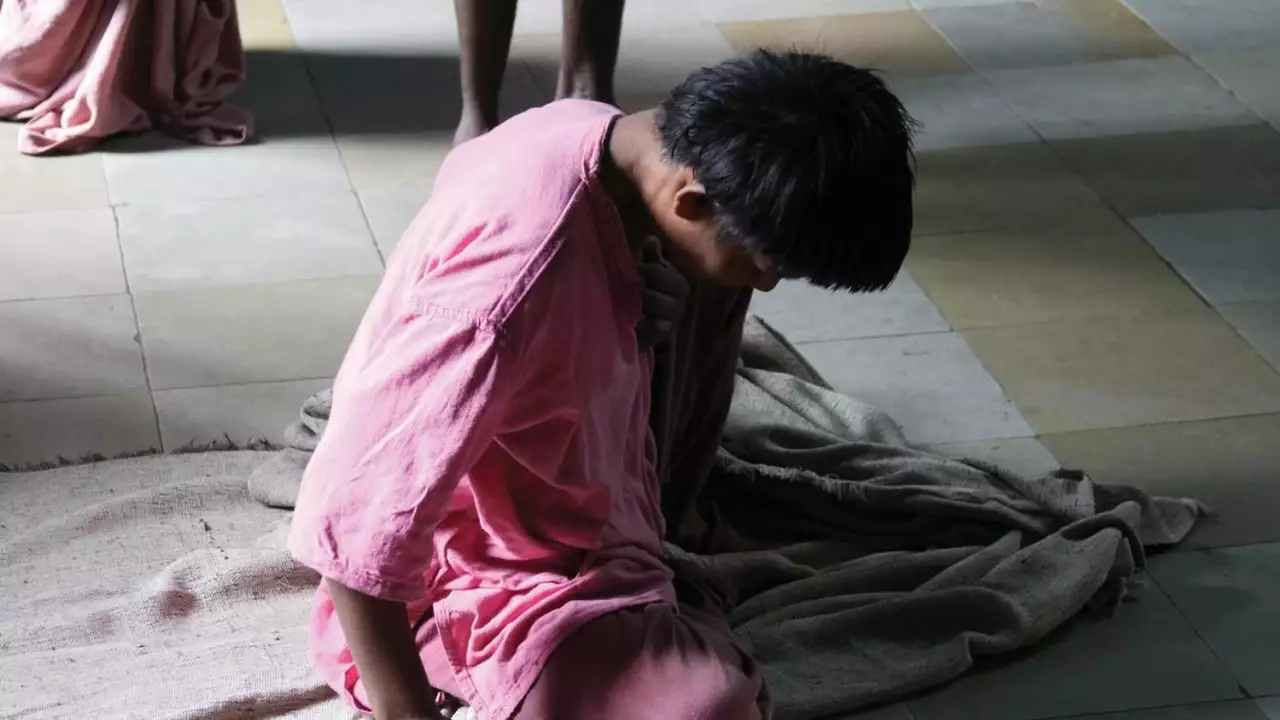Mentally Ill: Real Talk About Mental Health
When someone says they’re "mentally ill," it can feel vague or even scary. In reality, mental illness covers a wide range of conditions – from anxiety and depression to schizophrenia or bipolar disorder. These issues affect thoughts, feelings, and daily actions, just like a physical injury changes how you move. Understanding the basics helps you recognize the signs in yourself or friends and gives you tools to act with care.
Common Signs and Symptoms
Most mental health problems start with changes in mood or behavior that linger longer than a few days. You might notice a friend who used to enjoy hanging out now isolates themselves, or someone whose sleep patterns swing wildly. Mood swings, persistent sadness, panic attacks, or sudden irritability are flags worth noticing. Physical clues often appear too – headaches, stomach aches, or an unexplained drop in energy can all be linked to mental stress. If these patterns show up repeatedly, it’s a sign that professional help could be useful.
Another clue is how a person talks about themselves. Repeated negative self‑talk, hopelessness, or talking about being a burden often points to depression or anxiety. In more severe cases, a person might hear voices, see things that aren’t there, or hold strange beliefs that disrupt daily life. These symptoms can look unusual, but they’re real signals that the brain is struggling.
How to Help and Find Support
If you suspect someone is dealing with a mental illness, start with listening. Ask open‑ended questions like, "How have you been feeling lately?" and keep the conversation non‑judgmental. Offer to help them look up a therapist or accompany them to an appointment if they’re comfortable. Simple actions – checking in regularly, encouraging healthy habits like walking or sleep routines – can make a big difference.
Know where to turn for professional help. In India, you can reach out to a psychiatrist, clinical psychologist, or even a qualified counselor. Many cities have free mental health clinics, and online platforms now provide video sessions at lower costs. If you or a friend ever feels like there’s no way out, the suicide prevention helpline (91‑9152987821) is a quick lifeline.
Stigma remains a major barrier. Talking openly about mental health—sharing a personal story or simply acknowledging that it’s okay to ask for help—helps break down that wall. When friends, families, and workplaces treat mental illness like any other health issue, recovery becomes faster and more sustainable.
Remember, mental health isn’t a one‑time fix. It’s an ongoing process of learning what triggers stress, building coping skills, and staying connected to supportive people. Whether you’re dealing with anxiety, depression, or another condition, you deserve the same respect and care you’d give to someone with a broken arm.
By staying informed, offering empathy, and connecting to resources, we all play a part in creating a community where being mentally ill isn’t a secret to hide, but a part of the human experience we handle together.
Don't shift mentally ill to custodial homes - India News?
As a blogger, I feel compelled to address the pressing issue of shifting mentally ill individuals to custodial homes in India. It is disheartening to see that instead of providing proper medical treatment and care, our society often resorts to isolating these vulnerable individuals. This not only exacerbates their condition but also violates their basic human rights. It is high time we, as a society, demand better mental health care facilities and resources for our fellow citizens. Let's work together to change this narrative and ensure a better life for those battling mental illnesses.
